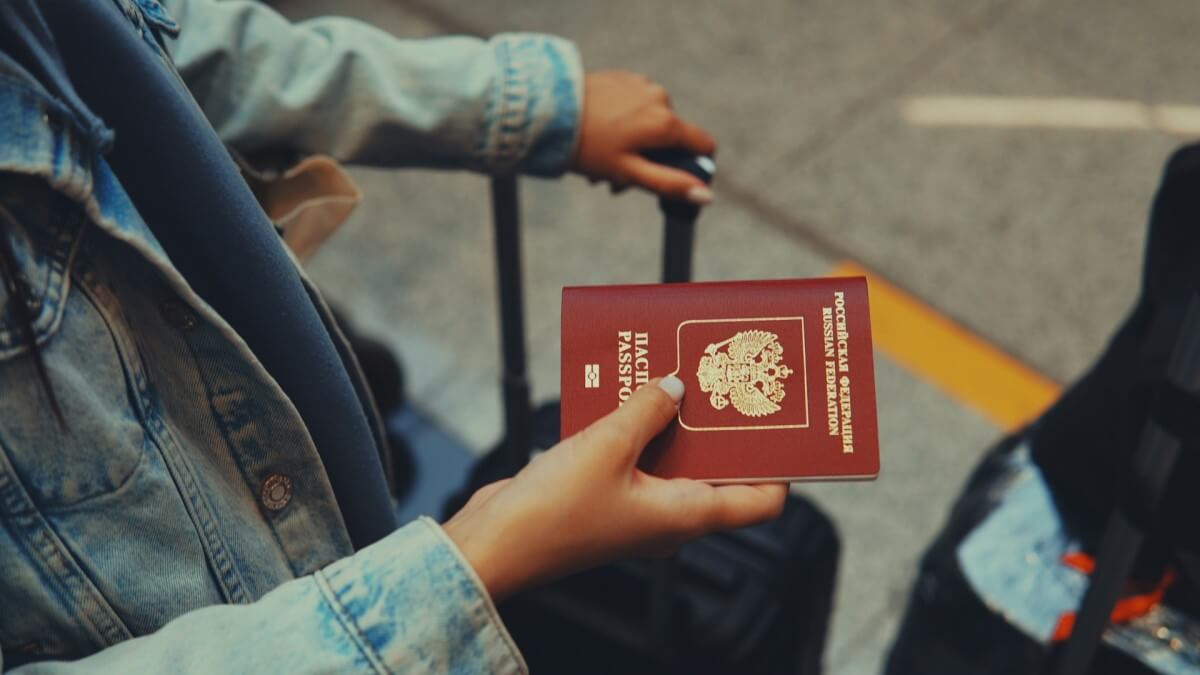Brussels is moving toward stricter handling of Schengen visas for Russian citizens after pressure from several EU countries. Berlin, meanwhile, wants the same rules applied across the bloc.
Reports in recent days say the European Commission is preparing non binding guidance that would make it harder for Russian nationals to obtain short stay visas, while stopping short of an outright entry ban. The discussion has accelerated in mid September after years of advocacy by states bordering Russia and follows signs that national practices remain uneven across the Schengen Area.
The emerging plan appears to have two tracks. First, tighter screening for Russian tourists and other non essential travel, paired with clearer grounds for refusal when security concerns are flagged. Second, a separate push, led by Prague and backed by several frontline states, to limit the freedom of movement of Russian diplomats to the country of accreditation inside Schengen. EU sources have framed both strands as part of broader Russia related measures now under negotiation.
Germany has publicly confirmed it has tightened its own handling of Russian visa files and has called for uniform restrictions across the Schengen Area. Berlin argues that piecemeal rules create loopholes. Several EU states along the bloc’s eastern flank already apply near complete restrictions on non essential travel by Russians, while others remain more permissive, which has led to forum shopping by applicants.
The facilitation agreement with Russia ended in 2022, which raised costs and documentation burdens for applicants. Even so, travel demand has rebounded. Russians were issued large numbers of visas last year, concentrated in a handful of destinations, a pattern that has sharpened security focused scrutiny across the bloc. Against that backdrop, Spain added an airport transit visa requirement for Russian passport holders this summer, a sign that national guardrails are tightening in places where EU level rules are still being drafted.
Data on where Russians received the most visas in 2024 and overall Schengen statistics for 2024 help explain why the issue is back on ministers’ agendas, while Spain’s new airport transit visa step for Russians shows the direction of travel.
What could change next
If adopted, the Commission’s guidance would not force member states to refuse Russian applications automatically. Instead, it would nudge consulates to apply stricter risk assessments and to align supporting document requirements, interview practices, and checks on travel purpose. Any move to restrict diplomats’ movement would likely be handled in parallel through foreign policy channels.
Why this matters for travelers
Applicants from Russia should expect closer scrutiny, longer processing in some posts, and fewer approvals for discretionary trips. Family visits, studies, and humanitarian cases are expected to remain possible, yet with heavier paperwork and more frequent in person checks. Travel already depends heavily on where an application is filed, and the new guidance aims to reduce those gaps rather than create a one size fits all ban.
